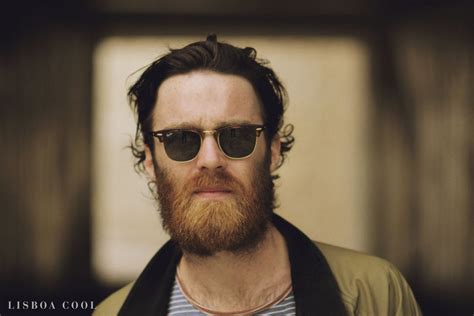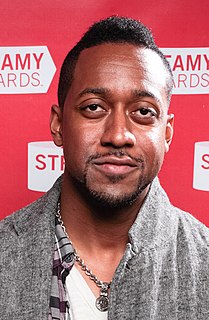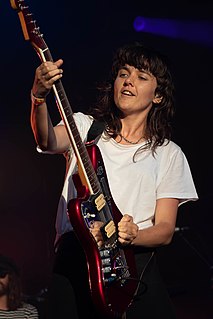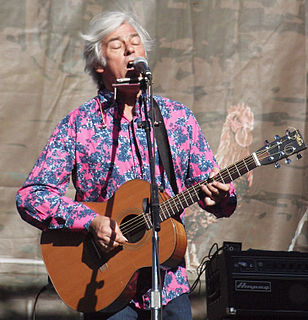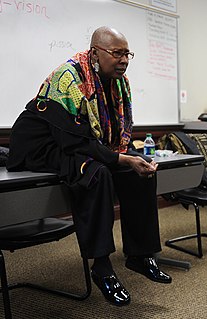A Quote by Jesse Andrews
My process is pretty messy, and there's a lot of creative destruction in it. When I set out to write something, I'll write some passages from it just to figure out who these characters are, how they talk. And I have a dim sense of what it's about and where it's going to go, but I know that's going to change, too.
Related Quotes
I write poetry to figure things out. It's what I use as a navigating tool in my life, so when there's something that I just can't understand, I have to "poem" my way through it. For that reason I write a lot about family, because my family confuses me and I'm always trying to figure them out. I write a lot about love, because love is continually confusing in all of its many glorious aspects.
I think it's really important to not talk about how you're going to release something until you've finished it. People are like, "What are we going to make? What are we going to do with it?" and it's just like, "I don't know, we're just making music. Then we'll talk." You can't always write something you're happy with; you can't force it.
I think at some level, it's just alchemy that we, as writers, can't explain when we write the characters. I don't set out to create the characters - they're not, to me, collections of quirks that I can put together. I discover the characters, instead. I usually go through a standard set of interview questions with the character in the beginning and ask the vital stuff: What's important to you? What do you love? Hate? Fear? .. and then I know where to start. But the characters just grow on their own, at a certain point. And start surprising me.
I'm not saying I'm going to rule the world, I'm going to change the world. But I guarantee I will spark the brain that will change the world. And that's our job. It's to spark somebody else watching us. We might not be the one, but let's not be selfish. And because we['re] not going to change the world, not talk about how we should change it. I don't know how to change it. But I know if I keep talking about how dirty it is out here, somebody's going to clean it up!
It's rare that I'll write lyrics first. If I come up with some good lyrics, I'll write them down and try to use them later. If I come up with a song title, sometimes I'll write a song based on that. Sometimes, I'll make a whole band out of it. I don't really have a process, per se. I just keep going and going and going. Every free minute I have I'm working.
Fame will take care of itself. One thing I've learned about fame is that, hey, you can't control it. You don't know how you're going to be received or perceived when you step out of a car, when you arrive some place. And you never really know how big something is going to get, so you have to set some standards for yourself, and just abide by those.
I try to write a lot and my process is kind of back and forth. I procrastinate a lot so when I do sit down to write, I'm pretty lazy at it. And it's such a frustrating thing sometimes - writing - when you don't do it all the time, you get that thing in your head that you have nothing to talk about and you can't write songs.
I just started trying to figure out how to write [something] which was unlike anything anybody had ever seen, and once I felt like I had figured that out I tried to figure out what kind of book I could write that would be unlike anything anybody had ever seen. When I started writing A Million Little Pieces I felt like it was the right story with the style I had been looking for, and I just kept going.
The only time I get frustrated with activist criticism is if I have recognized them, and invited them to work with me to figure out how we solve this problem that they're concerned about, and either they don't engage out of the sense of purity - "I'm not going to shake his hand" - or you're not sufficiently prepared so you don't even know what to ask for, or you're not being strategic as an activist and trying to figure out how the process has to work in order for you to get what you want.
My wonderful editor, Jackie Onassis, asked me to write a book that I wanted to write. I said, 'Look, it's not going to be scandalized. I'm not going to talk about anybody like a dog. I'm going to say the positiveness of my life, and talk about those who have contributed to the way I've been going, and that's that.'
The way I write is very much without kind of a goal. I have something I'm interested in and then I decide I'm going to explore it. I don't know where the characters are going to go, I don't know what the movie is going to do or what the screenplay is going to do. For me, that's the way to keep it alive.


